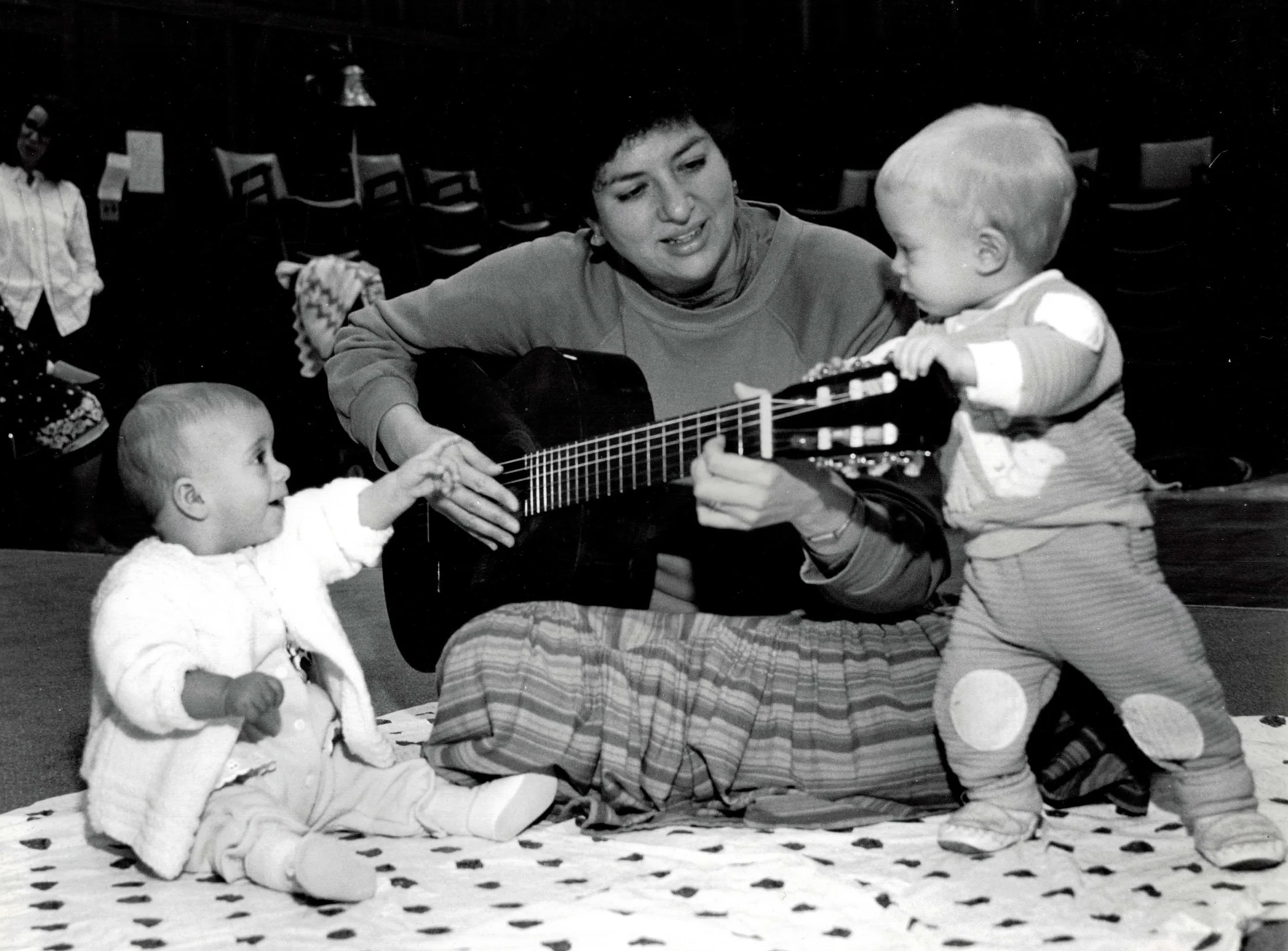
Areas of Practice
Areas of Practice
“The power of music to integrate and cure. . . is quite fundamental. It is the profoundest nonchemical medication.”
Developmental Music Therapy (DMT)
DMT incorporates music that assists with maintaining or attaining appropriate development. The inter-disciplinary use of songs and music can address areas of cognition, social/emotional, physical and educational development for children, as well as developmentally delayed adults.
Attachment Music Therapy (AMT)
AMT is the use of music—specifically the voice of a caregiver who is “in-relationship” with the child—as a relationship builder and in some cases supports an already strong attachment that has been challenged by a chronic condition of an infant or child. Music therapy is conducted with family groups and parent/infant dyads.
Palliative Music Therapy (PMT)
PMT generally aims at the improvement or maintenance of the client’s quality of life, including the management of pain and stress, regulation of negative emotions (e.g. anxiety, anger, and depression), as well as the facilitation of communication.
Music Therapy for Pain Management (MTPM)
MTPM is based on a cognitive behavioral model of therapy, which posits that new thoughts, emotions and body states may be conditioned to promote relaxation. Pleasant feelings and images may replace negative and/or painful sensations by conditioning using familiar music paired with deep relaxation.
Neurological Music Therapy (NMT)
NMT is defined as the therapeutic application of music to improve cognitive, sensory, and motor skills. NMT is based on a neuroscience model of music perception, and the influence of music on functional changes in the non-musical brain and behavioral functions.
Music Therapy Programming (MTP)
A variety of individuals have specific needs that are best addressed within a specific group such as early intervention, sensory integration, and/o social skills. MTP is provided for these groups and can be found under "Programs and Services."
See how our programs may assist you and your loved one.